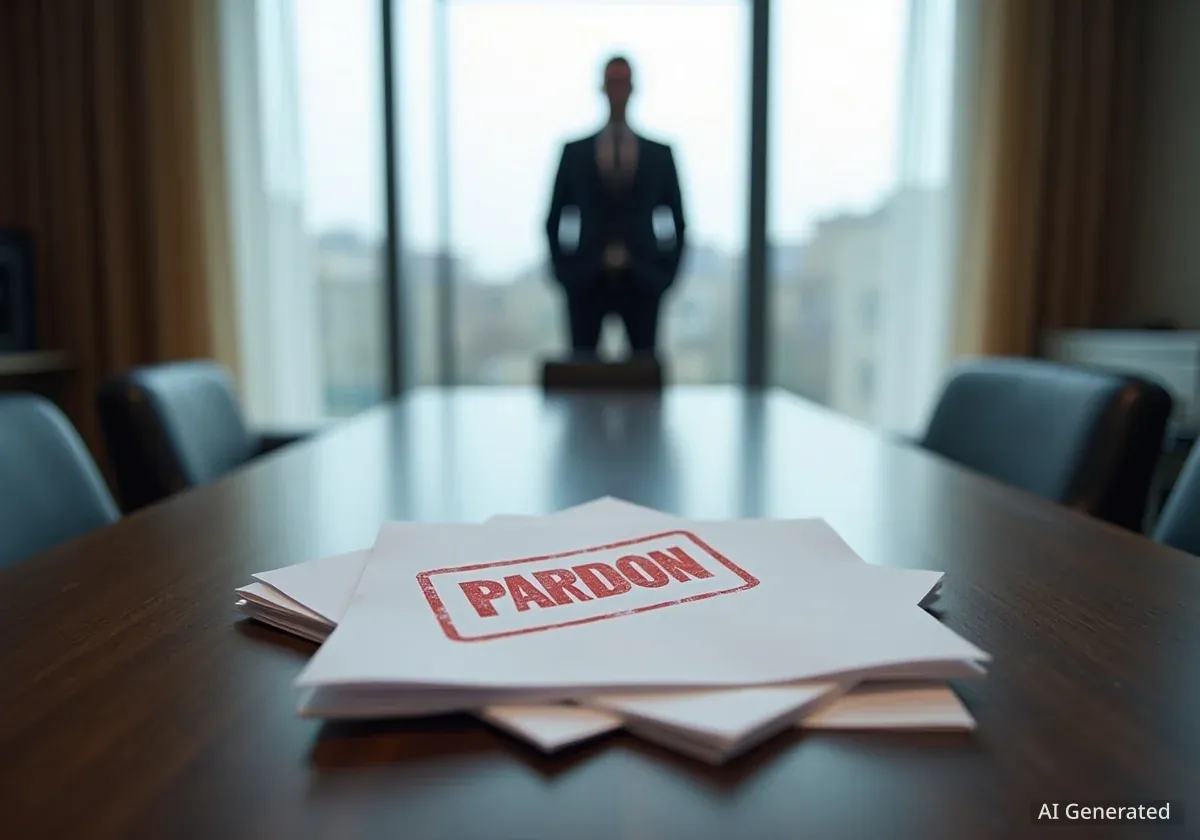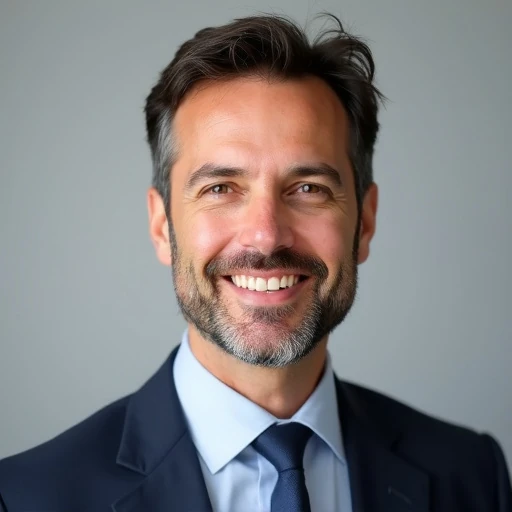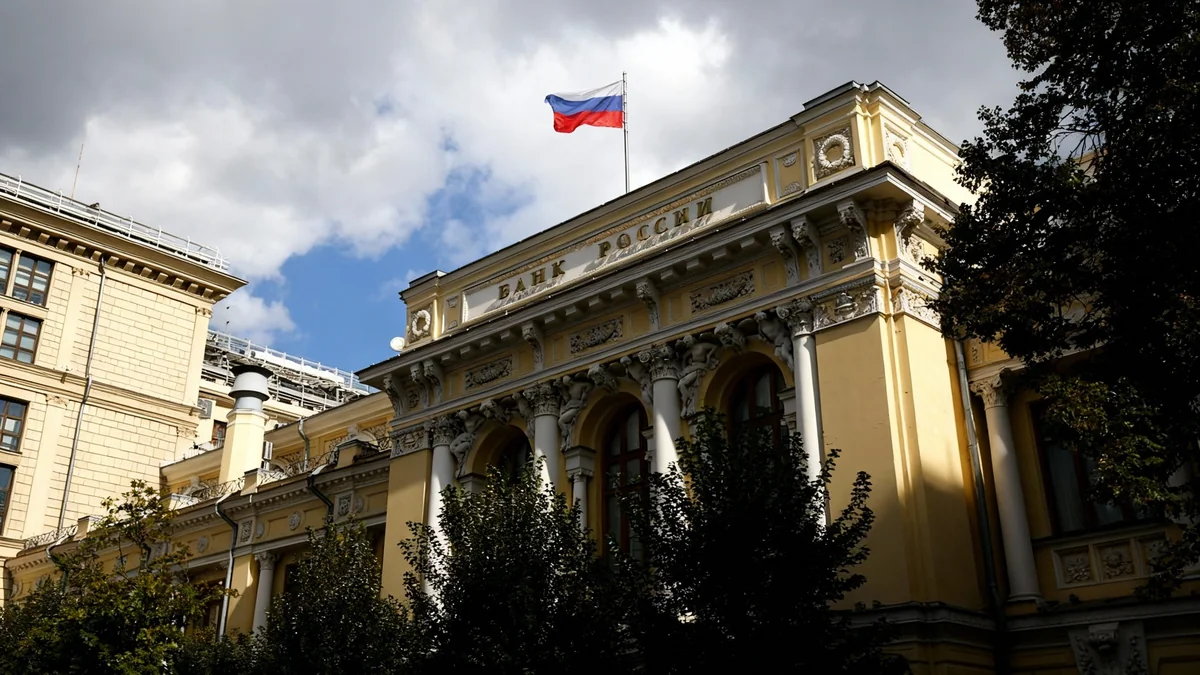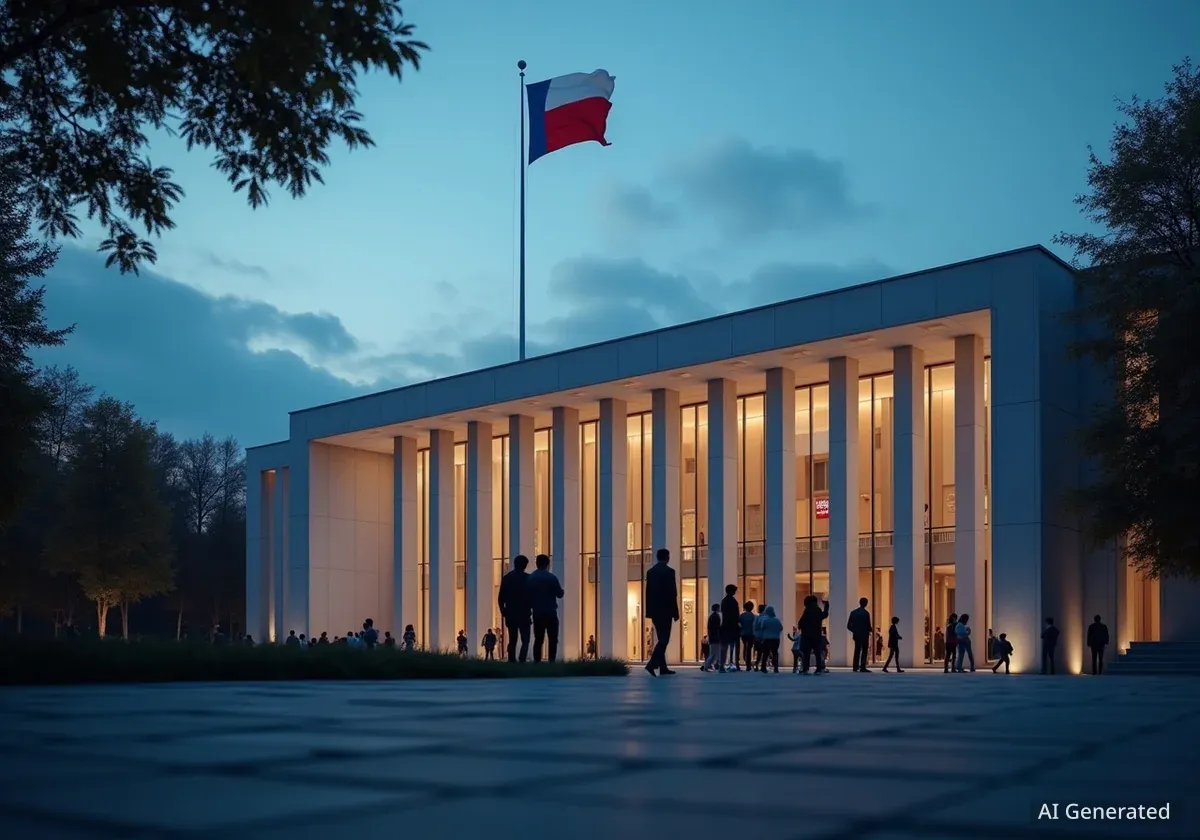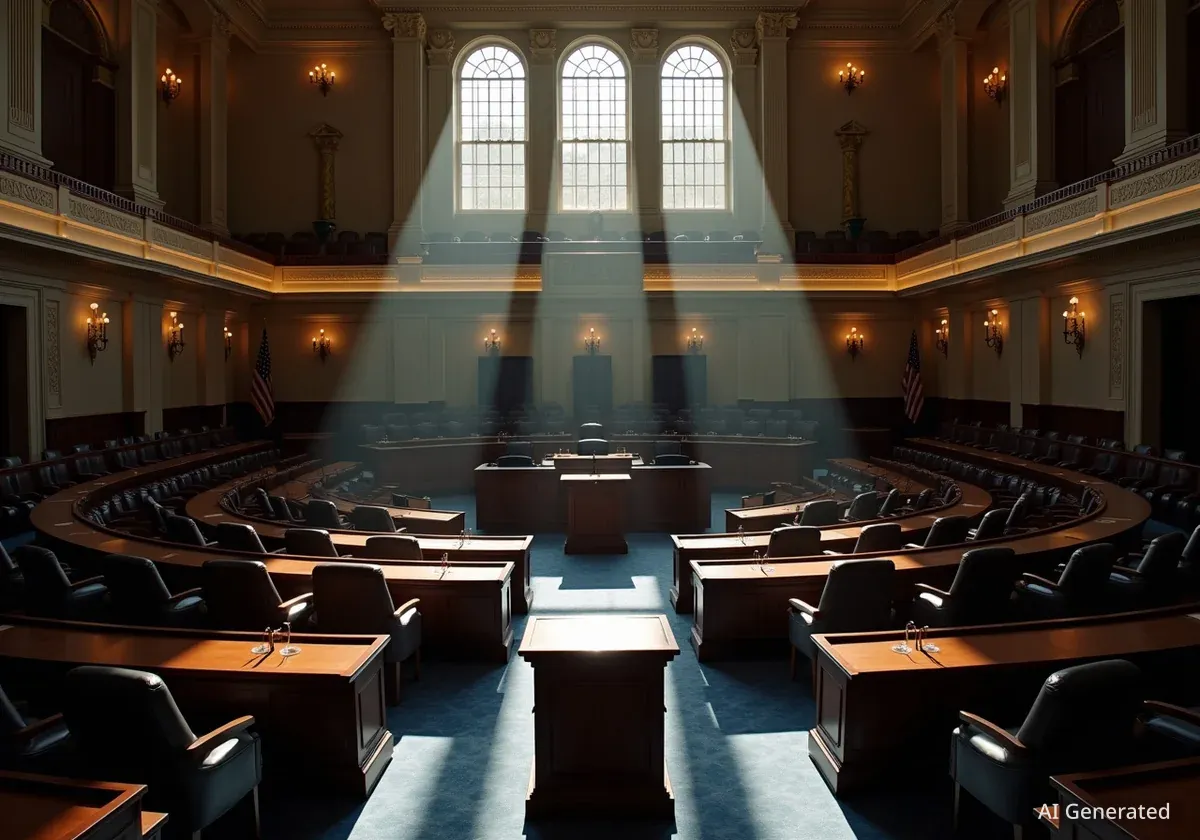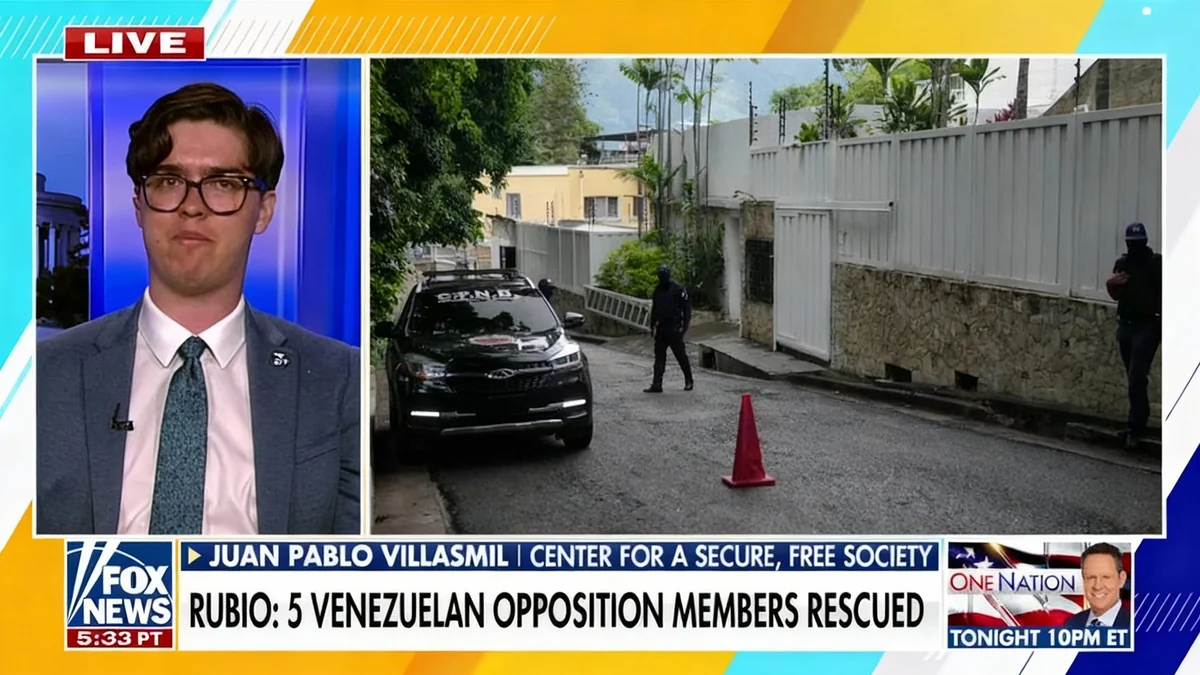President Trump is defending his decision to pardon Binance founder Changpeng Zhao, claiming in a recent interview that he was not personally acquainted with the cryptocurrency billionaire. The move has reignited concerns over potential conflicts of interest due to business connections between the Trump family's crypto ventures and Zhao's company.
During a “60 Minutes” interview that aired Sunday, the president sought to distance himself from Zhao while simultaneously justifying the pardon. This has drawn sharp criticism from political opponents, who point to the president's past attacks on the pardoning process of the previous administration.
Key Takeaways
- President Trump stated he does not personally know Binance founder Changpeng Zhao, whom he recently pardoned.
- Trump described the case against Zhao, who received a four-month sentence, as a "Biden witch hunt."
- The pardon has intensified scrutiny of the Trump family's financial interests in the cryptocurrency industry.
- Critics have labeled the action as a potential conflict of interest and have contrasted it with Trump's previous criticism of former President Biden's pardon methods.
Details from the Presidential Interview
When questioned by correspondent Norah O’Donnell about the decision to pardon Zhao and the appearance of corruption, President Trump was unequivocal in his response.
"OK, are you ready? I don’t know who he is," Trump stated during the televised interview. He elaborated on his rationale, suggesting the decision was based on information he received about the case.
The president portrayed Zhao as a victim of political targeting by the previous administration. "I know he got a four-month sentence or something like that. And I heard it was a Biden witch hunt," he added. Trump went on to describe Zhao as a "highly respected" and "very successful guy" who was treated unfairly.
"They sent him to jail, and they really set him up. That’s my opinion. I was told about it," Trump concluded, framing the pardon as a correction of an injustice.
Political Fallout and Accusations
The president's comments have triggered a swift and critical response from Democrats. Many observers have highlighted the apparent contradiction between Trump's actions and his months-long campaign questioning the legitimacy of pardons issued by former President Biden.
Background on the Controversy
The central issue for critics is the business relationship between Binance and a crypto venture linked to the Trump family. The pardon of the company's founder raises questions about whether the president's official actions were influenced by his family's financial interests, a charge opponents describe as "brazen corruption."
The reaction was immediate on social media. Andrew Bates, who served as a spokesperson for former President Biden, posted on the platform X, "Who’s running the @WhiteHouse?" The comment directly challenged the president's judgment and the influences behind his decisions.
This incident has provided new fuel for House Republicans, who last week called on the Justice Department to launch an investigation into pardons issued during the Biden administration.
Contrasting Views on Presidential Pardons
A significant part of the current debate centers on the mechanics and transparency of the pardoning process. President Trump used the "60 Minutes" interview to renew his attacks on former President Biden's use of an autopen to sign pardon documents.
"He illegally used, as you know, a machine, the autopen, in order to give pardons to people," Trump claimed, suggesting his predecessor was not aware of the actions being taken in his name. "The only pardon he signed it looks like was his son, Hunter... But everyone else, I think those pardons are all just, were just a waste of time."
The Biden administration has consistently maintained that the former president was fully aware of and in control of all pardons issued, and that the autopen was a standard tool used to manage the high volume of official documents requiring his signature.
In contrast to the autopen debate, documents uploaded by the Department of Justice indicate that President Trump physically signed the pardon for Changpeng Zhao. This detail has been seized upon by critics who argue it shows direct and deliberate involvement in a decision they deem ethically compromised.
Renewed Focus on Crypto Connections
Beyond the political theater, the pardon forces a renewed examination of the Trump family's involvement in the cryptocurrency sector. The business dealings between their ventures and Binance, one of the world's largest crypto exchanges, form the foundation of the conflict-of-interest allegations.
While the president insists he does not know Zhao, the pardon serves as a stark reminder of the financial entanglements that have followed the Trump family into the White House. For opponents, the action is not an isolated event but part of a larger pattern of behavior that blurs the line between public service and private gain.
As the fallout continues, the debate is likely to expand beyond the single pardon of Changpeng Zhao. It touches on broader themes of presidential power, ethical governance, and the influence of money in politics, ensuring it will remain a significant topic of discussion in the weeks to come.
